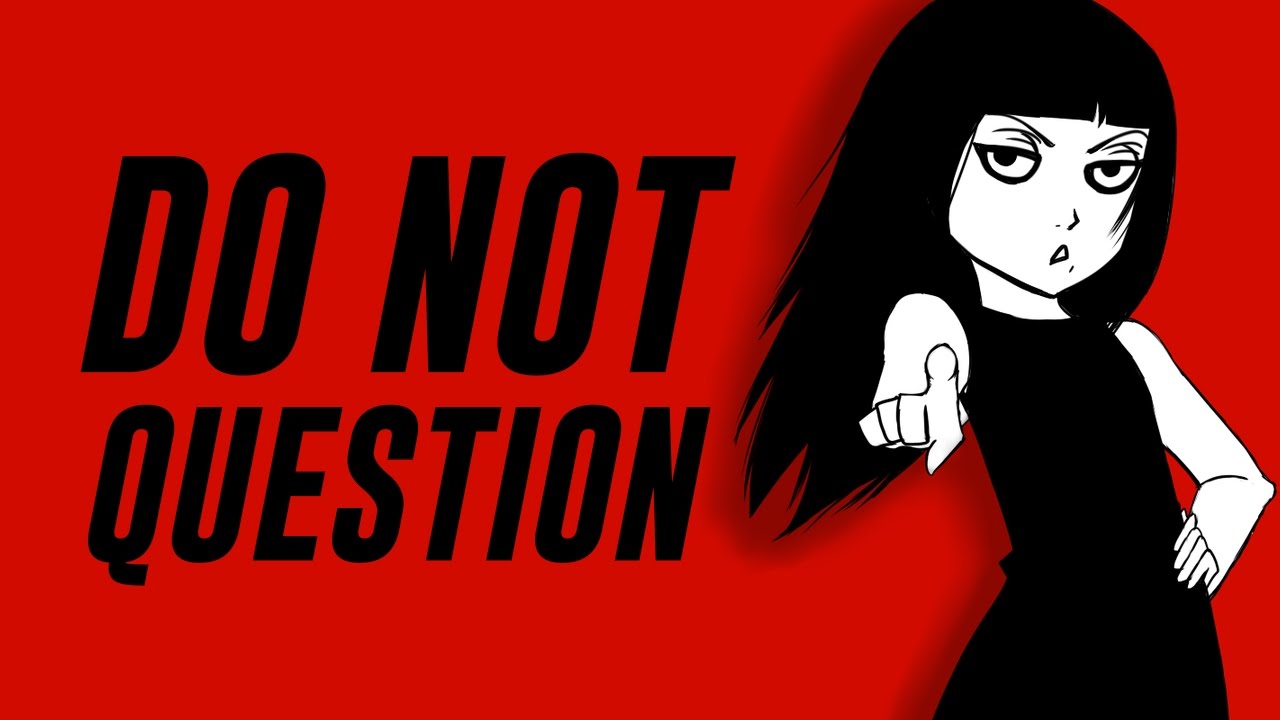The Rise of Authoritarianism
This is not dictatorship; for those who have no clue, let me make it easy for you. Authoritarianism is a term political scientist’s use for a worldview that values ‘Order Authority’ and distrusts outsiders and social change. In a layman’s language ‘Authoritarianism is a form of government characterized by strong central power and limited political freedoms.’ In the recent times the world has seen rise in Authoritarian leaders, the major countries include Russia, Philippines, Brazil, Hungary, China, Turkey and United States of America. Let’s see more in this article.

Do you have similar website/ Product?
Show in this page just for only
$2 (for a month)

0/60
0/180
The Rise of Authoritarianism 

This is not dictatorship; for those who have no clue, let me make it easy for you. Authoritarianism is a term political scientist?s use for a worldview that values ?Order Authority? and distrusts outsiders and social change. In a layman?s language ?Authoritarianism is a form of government characterized by strong central power and limited political freedoms.? In the recent times the world has seen rise in Authoritarian leaders, the major countries include Russia, Philippines, Brazil, Hungary, China, Turkey and United States of America.
Let?s see more in this article.
Authoritarianism is becoming a global trend; in a Washington Post report it was stated that One third of the world?s population lives in a backsliding democracy. Authoritarianism is surely a threat to democracy; the major Authoritarian leaders include Russia?s PM Vladimir Putin, China?s Xi Jin Ping, Hungary?s Victor Oban, Turkey?s Recep Tayyip Erdogan, USA?s Donald Trump and a few more.

Let?s check out what are the traits that make authoritarian leaders the same-
Projecting Strength- Authoritarians love to display a grand display of force, such as huge entourages, motorcades and military parades, they feature weaponry and the common places are Russia, China, Venezuela, and North Korea. Experts believe that spectacles like these serve a purpose as they project strength.
Taking Enemies seriously- This can be taken as a trait of authoritarian leaders of demonizing enemies and identifying a group of evil doers from whom they alone can save the country. For example Philippines President Rodrigo Duterte rose to power by claiming that he could save the country from drug crime, it's been estimated that since 2016 drug war in Philippines has killed more than 12,000 people. In the same way Donald Trump considers immigrants as a threat to the country, thus signifying the Muslim ban.

Destroying Institutions- When authoritarians feel that they are being targeted they try to weaken any check on them. For example journalists in their regime are threatened or killed. They can also go a step further and dismantle courts and legislatures; countries like Poland, Turkey, and Venezuela have modified the structures of the government to be in favor of the authoritarian leaders. Poland lowered the retirement age of its judges proving this trait.
People when feel threatened or when authoritarians when feel threatened they move to strong leaders. People in Philippines support the drug war and do not care about its consequences. In the similar way there are supporters of Trump in the US despite of the backlash he faced. So, authoritarianism is serious and the in the future everyone will see a clear picture of it.
CONTINUE READING
Authoritarianism
Authoritarian
Trump
Putin
Authoritarian leaders
The Rise of Authoritarianism
Authoritarian leader in the world
The waves of Authoritarianism
Internet
International
News
Politics
Sandeep Semwal
Content Writer
